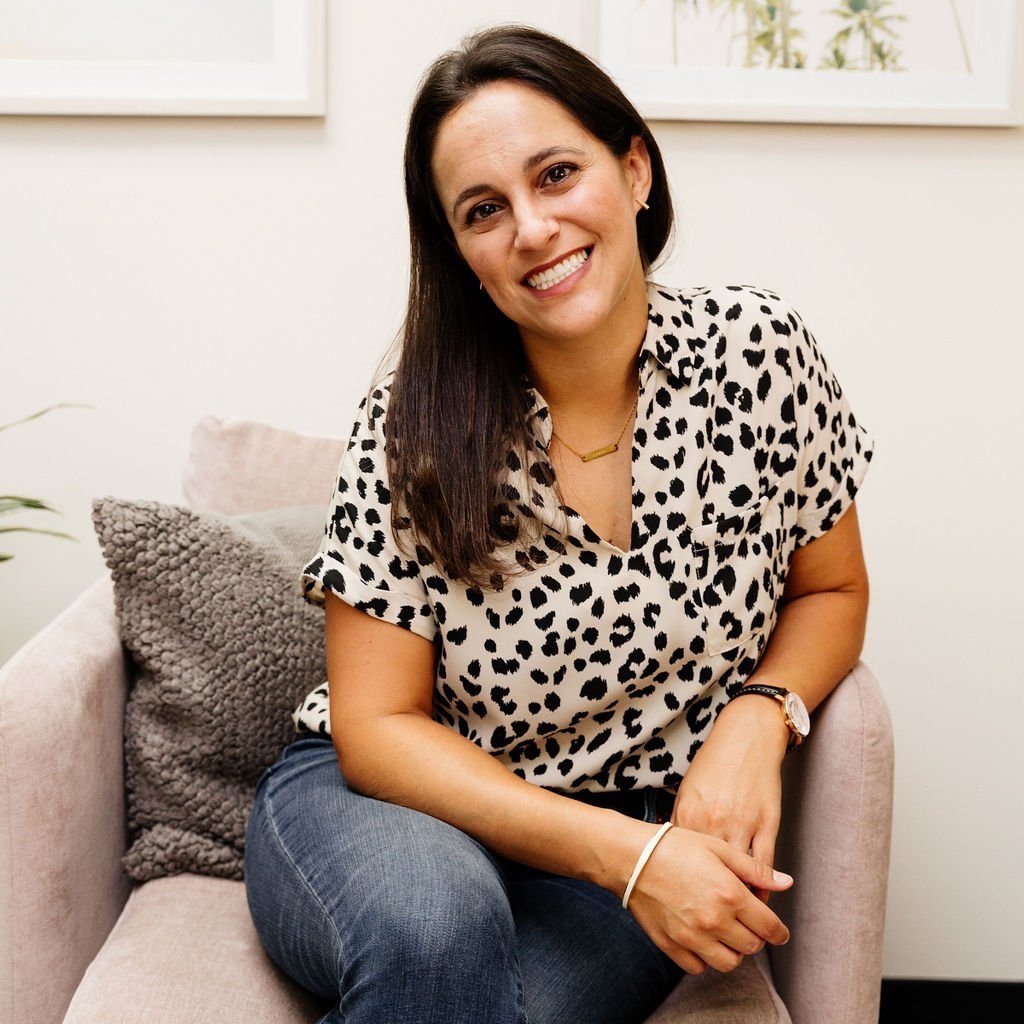
DR MARIANNE MILLER
CARING EATING DISORDER TREATMENT IN SAN DIEGO AND THROUGHOUT CALIFORNIA, TEXAS, AND WASHINGTON D.C. FOR ADULTS & TEENS

Empower Your Practice: How My Self-Paced ARFID Training Course Supports Therapists, Dietitians, Medical Providers, and Community Members
If you're an eating disorder therapist, dietitian, medical provider, or community member seeking to better understand and support individuals with Avoidant/Restrictive Food Intake Disorder (ARFID), you're in the right place. My virtual, self-paced ARFID training course is designed to bridge the knowledge gap and provide the tools you need to effectively support those navigating this often misunderstood eating disorder. Taking this ARFID course will help you in California, Texas, Florida, New York, Toronto, Ontario, or London, England, UK, or anywhere in the world!

ARFID and Anorexia: Can They Co-Exist?
When thinking about eating disorders in San Diego, Los Angeles, and NYC, anorexia nervosa and ARFID (Avoidant/Restrictive Food Intake Disorder) often come to mind. Both types of eating disorders involve avoiding or limiting food, but for very different reasons. So, is it possible to experience both at the same time? Let’s take a look at how these conditions might overlap.

Creating a Supportive Mealtime for Individuals Dealing with ARFID
Navigating ARFID? You're not alone. Discover expert guidance and support for families living with Avoidant Restrictive Food Intake Disorder. Learn practical strategies, coping mechanisms, and create a nurturing environment for your loved one. Let Dr. Marianne Miller, an ARFID therapist, be your trusted companion on this journey.

An Open Letter to Parents of Teens and Young Adults With ARFID in 2024
This blog post is an open letter to parents with kids with ARFID (avoidant/restrictive food intake disorder). Whether your child is young, a teen, or even a young adult, it’s important to know the complexities of ARFID and acknowledge the difficulties that all eating disorders have on the family system. Regardless of whether you live in San Diego, California, in NYC, or in London, UK, finding the right ARFID help is key.

When "Picky Eating" Becomes ARFID: Understanding the Nuances
Do you struggle with food? You might not just be a picky eater.
This blog post is for you if you or someone you know has a complicated relationship with food. While we all have our preferences, there's a big difference between being picky and having Avoidant/Restrictive Food Intake Disorder (ARFID).
ARFID is more than just disliking certain foods. It can cause anxiety, fear, and a strong aversion to certain textures, smells, or even the appearance of food. This can lead to nutritional deficiencies, weight loss, and social isolation.
The good news is that ARFID is treatable. If you think you or someone you love might have ARFID, this post will help you understand the signs and symptoms, as well as the emotional impact it can have. We'll also explore helpful tips and resources to get you on the road to recovery. Don't be afraid to reach out for support – there is hope!

ARFID: How to Deal With the Mental and Physical Health Risks
Struggling with ARFID (Avoidant/Restrictive Food Intake Disorder) is no joke. I’ve been working with teens and adults for years in San Diego who have ARFID. My heart goes out to them. Whether you live in sunny San Diego or elsewhere in California, Texas, Florida, and other states or countries, having ARFID means that others misunderstand you, and medical providers frequently misdiagnose you. It’s so isolating. You may have a hard time keeping on weight. You feel uncomfortable going to restaurants and eating in front of other people. Friends and family often say to you “just eat” or ask, “Why can’t you get over it? It’s just food.” They don’t understand that food isn’t “just food” to you. It’s so much more.

An Open Letter to People Wanting to Recover in 2024: Find Freedom from ARFID, Binge Eating, Bulimia, Anorexia
To all of you who have spent years, even decades, struggling with an eating disorder, I hear you. I have experienced similar eating disorder challenges when I lived in San Diego, Denver, and Texas. I know that you want the suffering to stop.

How Neurodiversity and Eating Disorders Overlap (& How to get help in London, UK)
Since the pandemic began, an increasing number of my California eating disorder therapy therapy clients have demonstrated neurodiverse traits. If you live in or around London, UK, you likely have been watching social media, and when posts and videos come up about ADHD, OCD, or ASD traits, you may relate. It’s true that the stress and trauma of the pandemic has affected (and still affects) all of us. It’s also true that if you have an eating disorder, it’s likely that your behaviors have increased, and if you’re neurodivergent, your traits have become more noticeable. So let’s explore how neurodiversity and eating disorders overlap and how you can get help for it in London, England.

Addressing Parents' Needs When Their Child Has an Eating or Feeding Disorder by San Diego Dietitian Lindsay Stenovec, RD
You’re at the dinner table in San Diego, California, or elsewhere, trying to get your kid to eat. They say the food looks funny or smells weird, and they just won’t take one bite. You feel worried that they aren’t getting adequate nourishment. The pediatrician tells you that they are losing weight. You are chewing your nails to the quick. You don’t know what to do. Enter eating disorder dietitian and feeding expert Lindsay Stenovec, MS, RD. Lindsay knows parents. She is a parent herself. She gets the struggle. She knows how to nourish kids who have feeding or eating disorders in California. She supports parents on this journey. Let’s hear what she has to say.
